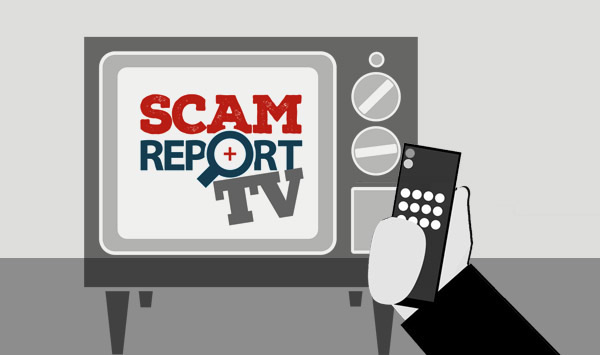You’ve probably heard the news by now – the government is sending out relief checks as part of the federal response to the Coronavirus. Scammers heard the same thing, and they’re hoping to cash in on yours.
Companies pitch their service with incomplete information and outright lies. They tell people that lower payments from an IDR plan will last for 20-30 years when, in fact, the lower payments are only guaranteed for one year
Health Center, Inc. Settles FTC Allegations That It Targeted Older Consumers With Deceptive Claims for Health and Wellness Products
FTC alleges defendants took in more than $15 million by deceptively claiming their array of teas could cause rapid and substantial weight loss, “fight against cancerous cells,” decrease migraines, unclog arteries, and prevent colds and flu.
The FTC has gone after several key affiliates of MOBE for their role in swindling consumers out of millions of dollars using false claims and misleading testimonials.
If you’ve ever fantasized about never having to worry about money again, you’re not alone. But before you spend big money for a chance at wealth, read on…
If you remember nothing else from this post, remember this: sellers that peddle cures must have scientific proof to back up their claims – or they’ll feel the long arm of the law!
Many consumers don’t buy anything without consulting third-party review sites or checking out the opinions of other customers. But how often are those ratings the product of buying and selling between the “independent” site and companies willing to pay for better play?
During 2019, the FTC received more than 3.2 million reports from consumers. The following are the biggest scams and frauds reported in 2019
In theory starting a work-at-home business can give you the flexibility to set your own hours and be your own boss. But when you search online or get ads by email, you’ll often find scammers instead of a real opportunity.
The U.S. District Court for the District of Nevada has ruled in favor of the Federal Trade Commission in a case against the operators of a scheme that deceived financially distressed homeowners by falsely promising to make their mortgages more affordable.
In this episode of Scam Report TV, Chris Hansen examines some of the most common Work at Home Scams – scams that are bringing grief, heartache and financial loss to thousands of honest Americans every month.
There are counselors who can help you with your credit report, and others who take your money but don’t help you. These are the red flags to watch out for
While there are many legitimate debt collectors in the financial marketplace, there are also a growing number of scammers who may try to get you to pay on debts that you don’t owe or on debts that don’t even exist.
The marketers of a dietary supplement called Synovia agreed to settle Federal Trade Commission charges by halting the deceptive tactics they allegedly used to mislead consumers into thinking Synovia could treat arthritis and alleviate joint pain.
As Cryptocurrency regains popularity with retail investors, so too do cryptocurrency scams. When you know the scams you can easily avoid them
The Federal Trade Commission is mailing 79,771 refund checks totaling over $1.8 million to consumers who signed up for “risk-free” trial offers for skin care products, but were enrolled in negative option programs with recurring monthly charges
Operators of alleged scheme claimed to be affiliated with the federal government and falsely promised to help reduce or even eliminate consumers’ student loans
For the second time in about a month, the FTC sued a company that falsely promised it would show people how to earn money in real estate – after getting them to pay thousands of dollars for seminars.
FTC Sues Multi-Level Marketer Neora, formerly known as Nerium, Alleging it Operates as an Illegal Pyramid Scheme – The FTC also says Nerium falsely promotes brain health supplements as helping treat Alzheimer’s disease and Parkinson’s disease – and proposes banning them from making “baseless claims” in future.
As the FTC toughens it’s stance on deceptive digital marketing practices, company faces a $2.5 million judgement for selling likes on social media platforms.
Cosmetics company agrees to settle an FTC complaint charging them with misleading consumers by posting fake reviews of the company’s products on a major retailer’s website




























